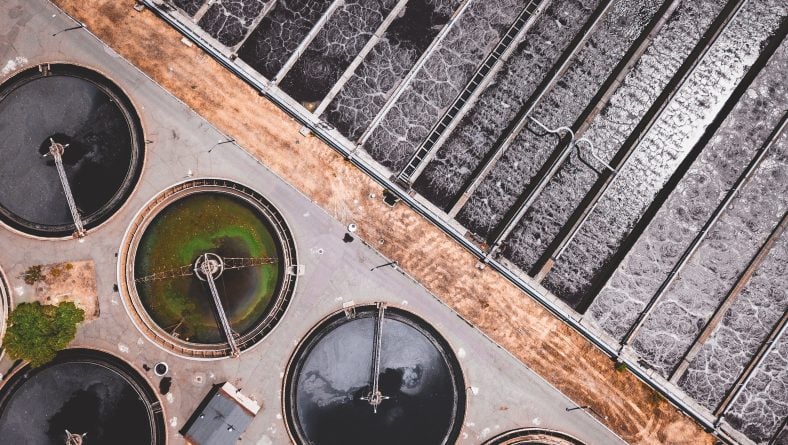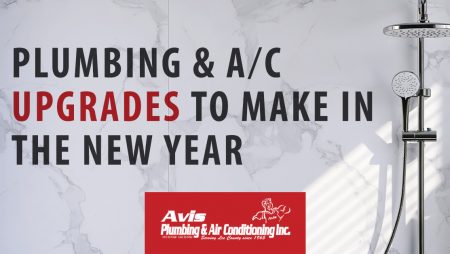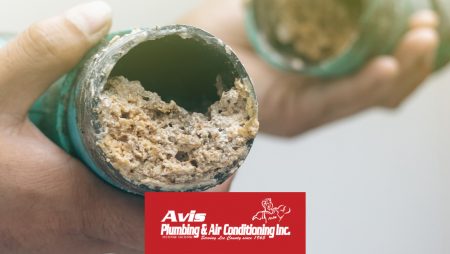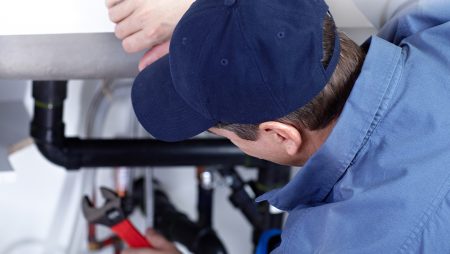Converting from septic to sewer is not just a matter of personal preference. Many cities are moving new districts and areas from septic systems to public sewer systems. Over the past couple of years, the city of Cape Coral has been going through phases of their Utilities Extension Project, which is that conversion. While the charges have incurred some backlash from residents, it is not only beneficial but it can, in the long run, increase the value of the properties.
Installation of a Sewer Line
When installing a new sewer system, much like many projects, it is necessary to obtain all of the appropriate permits. Additionally, homeowners should be aware of the cost to buy-in to a public sewer system. While the upfront cost can be initially shocking, it can not only increase the value of your home but it can also reduce costs in the long run. The city should be able to provide the list of permits required, and our experienced professionals at Avis Plumbing and Air Conditioning can also help. We have worked on many projects and we know what each city requires for installation and what is expected. We can help prevent down the road surprises during the sewer line installation. We make converting from septic to sewer as easy as possible.
Once the permits have been obtained, the contractors can start digging. There are several steps in converting from septic to sewer. Many different things like elevation and location will need to be considered. Depending on the size of the pipe and the location of the tap-in, it is necessary to evaluate the possible need for a pump tank or how much pitch is required on the pipe. The experts at Avis are experienced in sewer line installations and we know what is required for each type of elevation and location.
The holes have been dug and the pipes are ready, and now the installation begins. If your contractors have not been very knowledgeable to this point, it is definitely time to call Avis if you haven’t already. This is the time for local codes to be implemented, making sure that clean-out requirements are met and the homeowner’s time without sewer is minimized. The inspector will evaluate the project prior to filling in the trenches and once the project is approved, the holes can be filled and graded. If the old septic system was not already eliminated it should be pumped out and backfilled. This will also need to be inspected.
Appropriate sewer line installation can last decades, especially when choosing the experienced professionals at Avis Plumbing and Air Conditioning.
Advantages of Converting from Septic to Sewer
Aside from potentially increasing the value of your home, sewer services require minimal, if any maintenance and are free of the unpleasant smells that accompany septic systems. Sewer systems are also less costly over a lifetime with quarterly sewer bills versus septic maintenance and upkeep.
Home renovations are made easier. When deciding to add a pool or expand your home, either the city’s code or the renovations themselves will require that you convert to a sewer system. If you have access to the municipal sewer system it can eliminate larger costs during the renovation.
What’s the Cost to Convert from Septic to Sewer?
When evaluating the cost of septic to sewer conversions there are a handful of factors to consider. The final cost of converting will vary depending on any obstructions that arise in the installation including, swimming pools, sidewalks, landscaping, etc., and the distance the waste pipe stands from your septic tank.
Convert From Septic to Sewer The Right Way
At Avis Plumbing and Air Conditioning, we believe in getting the job done right the first time.
Contact us today for more information on our sewer pump installation and repair services.








No Comment